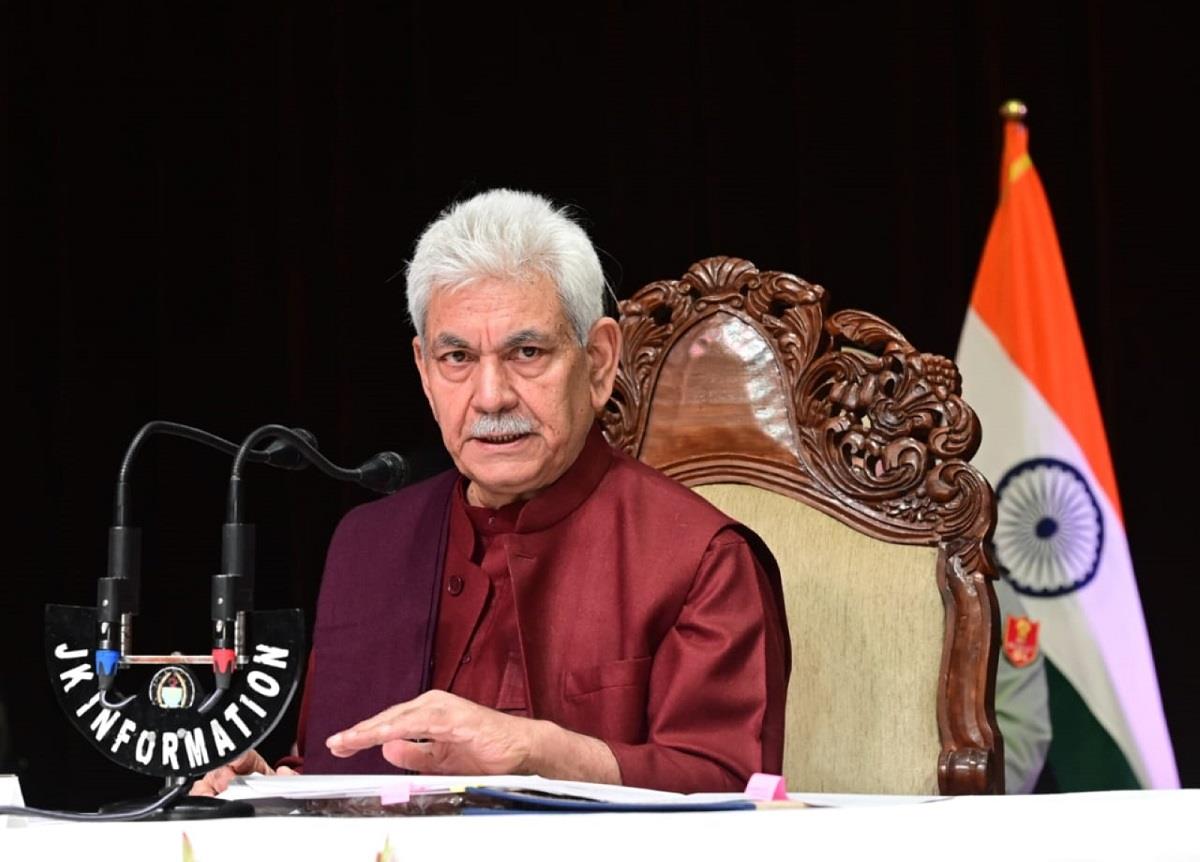(MENAFN- Kashmir Observer) Srinagar- With results out for the Jammu and Kashmir Assembly elections and NC- Congress upbeat over emerging victorious, Jammu and Kashmir Reorganisation Act, 2019 doesn't give much to the winners to celebrate.
The political structure of the Union Territory (UT) of Jammu and Kashmir, as laid out in the Jammu and Kashmir Reorganisation Act, 2019, highlights the significant powers vested in the Lieutenant Governor (LG). While an elected Legislative Assembly and Council of Ministers will exist, the ultimate authority will rest with the LG, appointed by the President of India.
ADVERTISEMENT
Broad Powers of the Lieutenant Governor As per the Act, the LG holds executive control over key areas such as police, public order, and land. Under Section 53 of the Reorganisation Act, the LG acts in his discretion on matters outside the purview of the elected assembly or when required by law to do so. Importantly, this includes areas like All India Services and the Anti-Corruption Bureau. Additionally, the LG can promulgate ordinances when the Assembly is not in session, giving him legislative powers as well. Further, all financial legislation requires the recommendation of the LG before being introduced in the Legislative Assembly.
ADVERTISEMENT
The LG also retains final authority over budgetary allocations and expenditure Composition of the Elected Government Despite the overarching authority of the LG, the UT will have a Council of Ministers to assist in governing. The Council, headed by a Chief Minister, will be limited to a size not exceeding 10% of the total membership of the Legislative Assembly. The Ministers, appointed by the LG on the advice of the Chief Minister, are collectively responsible to the Assembly.
Limited Legislative Role The legislative powers of the Assembly, though significant, are circumscribed by the LG's authority to withhold assent to bills or reserve them for the President's consideration. While the Assembly can debate and vote on financial matters, all grants and appropriations must be presented for the LG's approval. Ministerial Terms, Salaries, and Allowances Ministers in the UT government will hold office at the pleasure of the LG, and they must be members of the Legislative Assembly within six months of appointment. Their salaries will be determined by law, but until the Assembly enacts such legislation, the LG has the authority to decide their remuneration. The Jammu and Kashmir Reorganisation Act, 2019, passed on August 9, 2019, and enforced from October 31, 2019, fundamentally reshaped the political structure of Jammu and Kashmir. This act bifurcated the erstwhile state into two Union Territories-Jammu and Kashmir with a legislative assembly, and Ladakh without a legislative body.
Read Also
NC Ploughs To Victory In Kashmir On Protest Vote
BJP Retains Dominance In Jammu
Follow this link to join our WhatsApp group : Join Now




















Comments
No comment